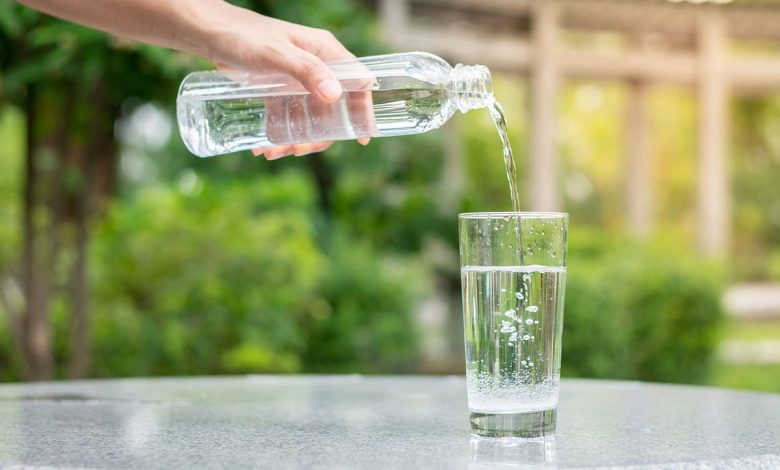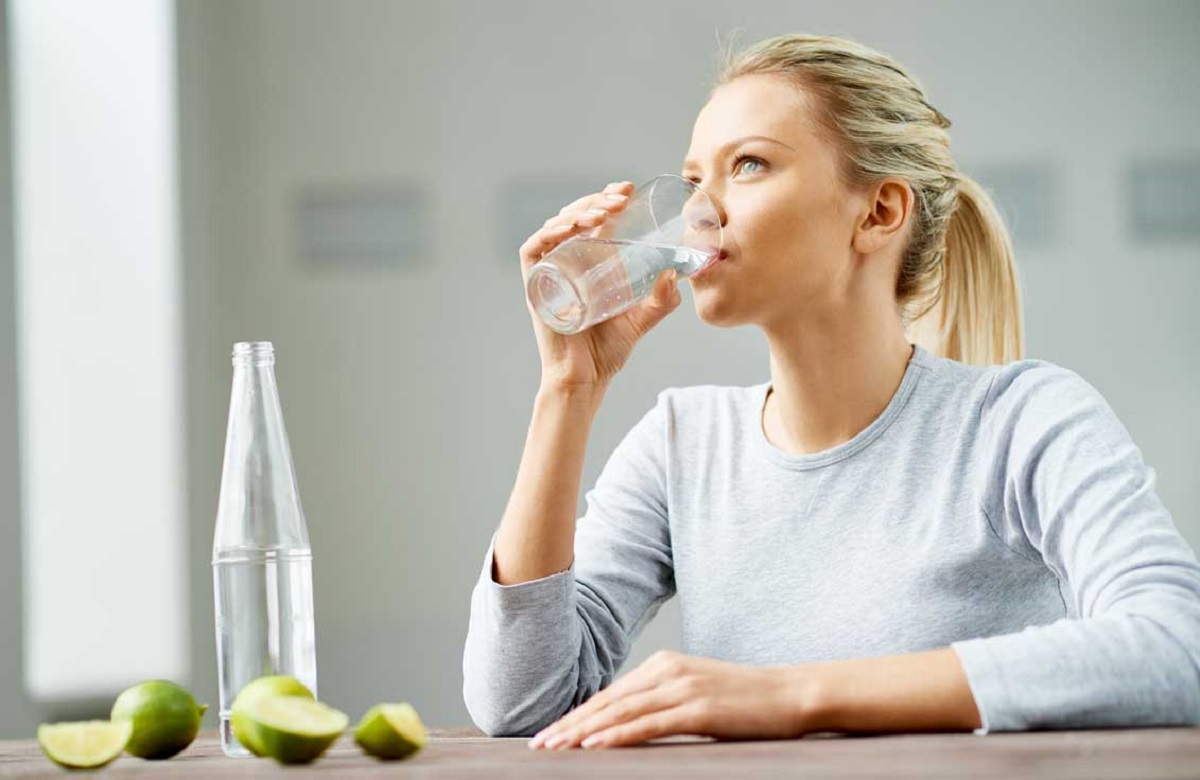In A Severe Heat Wave, How Much Water Should Be Consumed Daily?

Heat Wave: Dr. Angela Ray, general practitioner: “In hot weather and especially if we exercise, our need for water increases. On a hot day, we should drink up to three liters of water, but it is important to spread this amount throughout the day and not drink too much at once.
Over the past week, various parts of the United States have had above-normal temperatures for the start of summer.
Heat Wave, As temperatures rise every year, it’s more important than ever to take extra care of our bodies and wear sunscreen and drink enough water to prevent dehydration. The National Health Service [UK] (NHS) usually recommends drinking between six and eight glasses of water a day, but this amount may change in summer and in extreme heat.
But the final opinion of the US National Academies of Sciences, Engineering, and Medicine is that adequate daily fluid intake is 15.5 glasses (3.7 liters) per day for men and 11.5 glasses (2.7 liters) per day for women.
Heat Wave, Dr. Angela Ray, a general practitioner, previously told The Independent: “In hot weather, especially if we exercise, our need for water increases. “On a hot day, we should drink up to three liters of water, but it’s important to spread this amount throughout the day and not drink too much at once.”
If you don’t drink enough water throughout the day, various heat-related illnesses can occur, including heat stroke, heat exhaustion, and heat-related muscle cramps.
In A Severe Heat Wave, How Much Water Should Be Consumed Daily?

According to the Centers for Disease Control and Prevention (CDC), the first recommendation is not to wait until you’re thirsty and then drink water, because by then, you’re already dehydrated.
Heat Wave, Thirst and dark-colored urine with a strong smell are early signs that you may be dehydrated. Other symptoms include feeling tired, feeling dizzy, or dry mouth.
While it’s important to know if you’re drinking enough water, the Mayo Clinic suggests that if someone rarely feels thirsty and their urine is clear or light yellow, there’s probably nothing wrong with their water intake.
The organization recommends drinking 0.2 liters of water every 15 to 20 minutes and 0.7 to 0.9 liters per hour when exposed to heat continuously.
However, if you drink more than 1.4 liters of water per hour, there is the possibility of overhydration, which can lead to low blood salt levels.
Heat Wave, Another rule is that the more a person sweats, the more water he should drink. In general, nothing replaces plain water, but the benefits of the water absorption process are similar for sparkling water.
For the process of water absorption [or so called hydration], drinks that should be avoided due to high caffeine and sometimes a lot of sugar are energy drinks. Alcohol is also not recommended because it can cause dehydration.
Heat Wave, If you want to hydrate your body but have trouble drinking water, part of your daily fluid intake can be achieved by eating fruits and vegetables that are high in water, such as cucumbers, tomatoes, celery, watermelon, zucchini, strawberries, lettuce, peaches, and Yogurt should be provided.
When you’re no longer actively outdoors, that doesn’t mean you can stop drinking water. The CDC notes that it may take several hours to drink enough water and fully replace what your body may have lost through sweat. Therefore, it is recommended to continue drinking throughout the day to reduce the possible effects of dehydration.
Also Read:
Drinking Water: Benefits Of Drinking Water For Health
Drinking Hot Water In The Morning: The 6 Best Benefits Of Drinking Hot Water In The Morning
The 10 Best Detox Water For Body Health
The Best 6 Simple Tips For Mindful Drinking This Holiday Season




